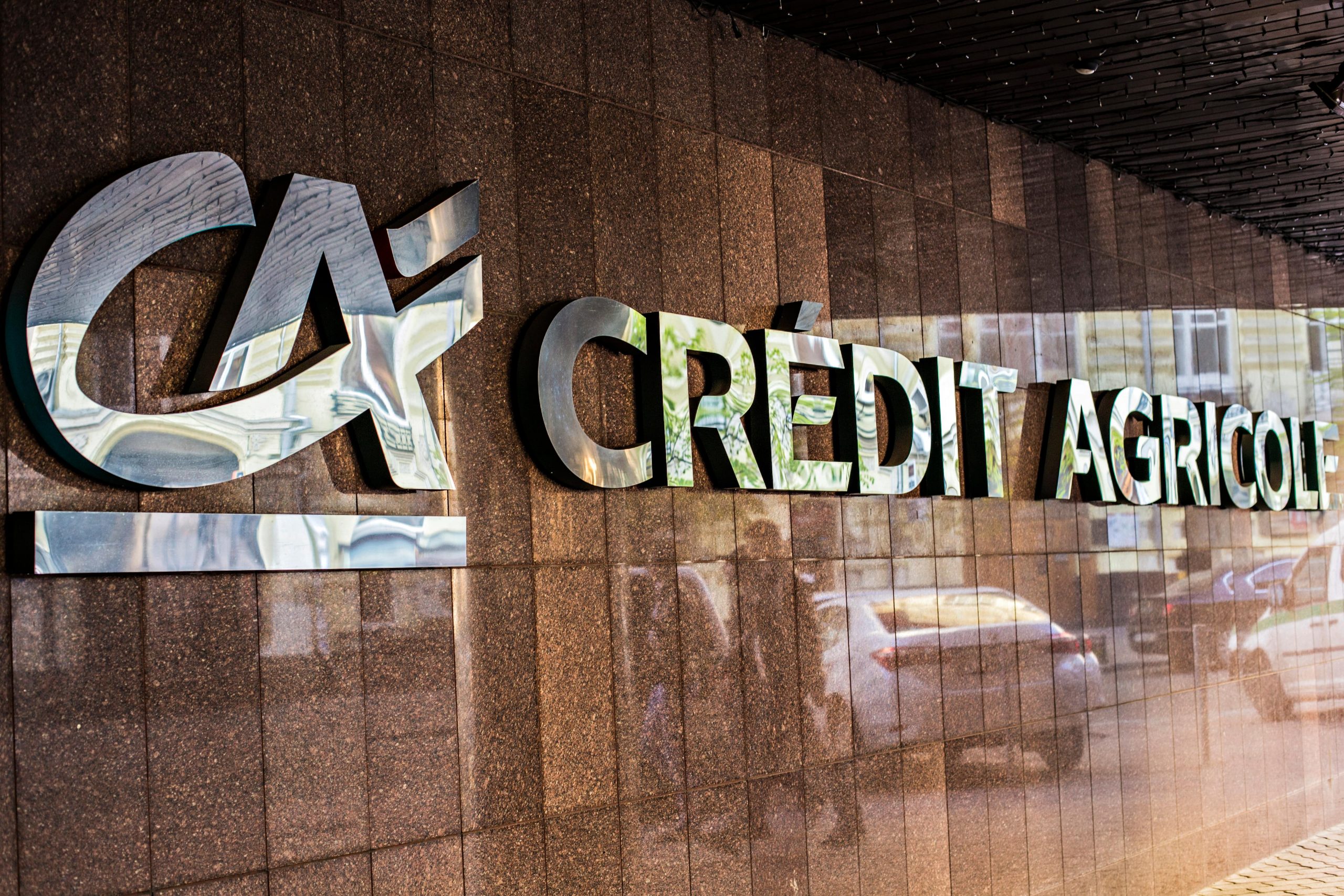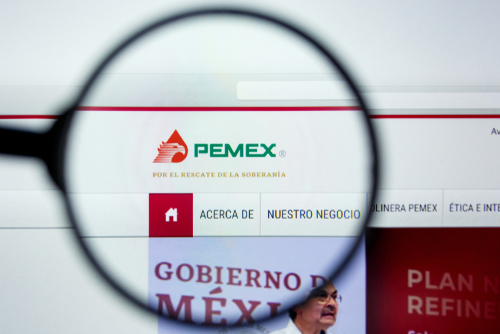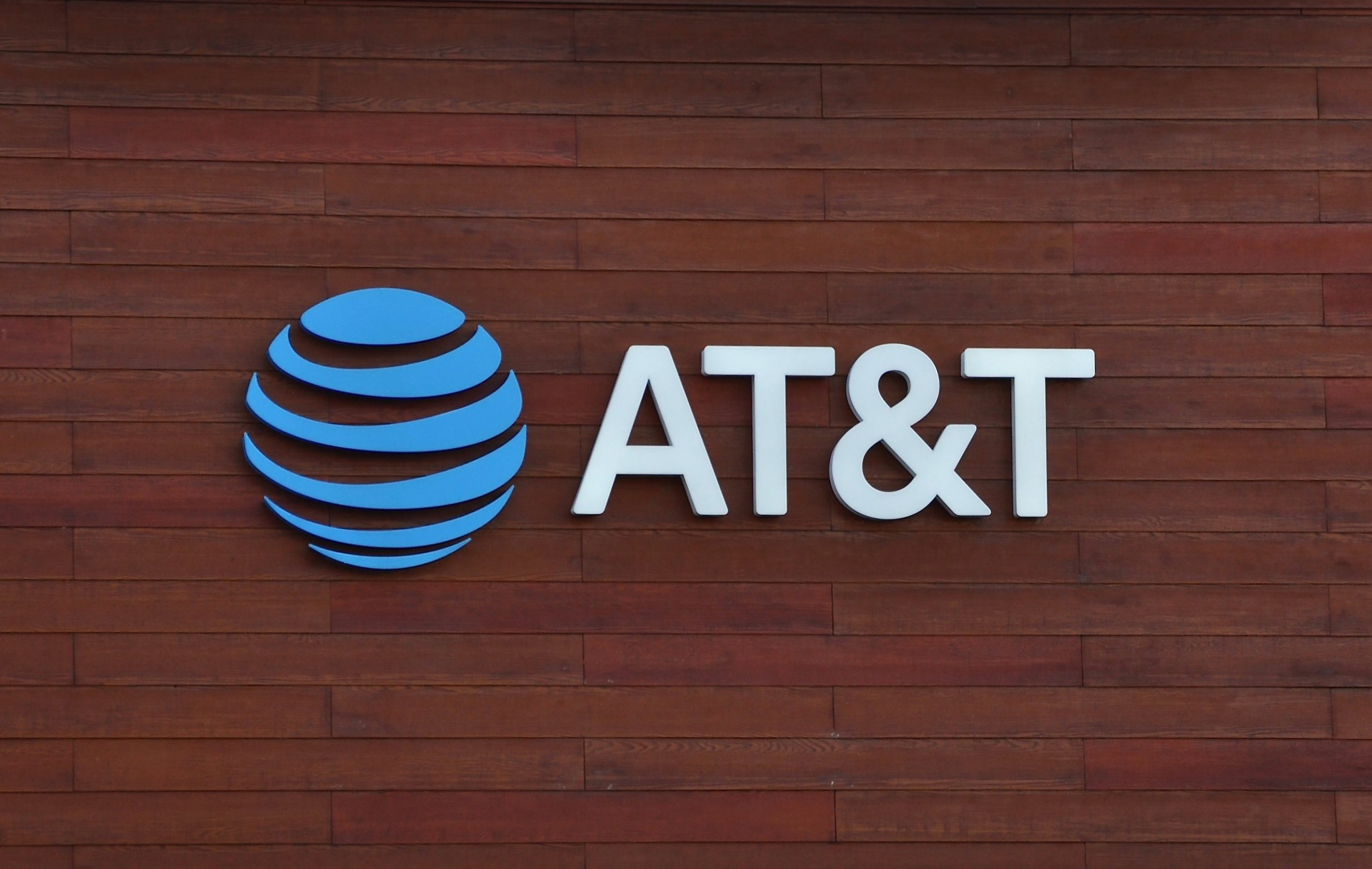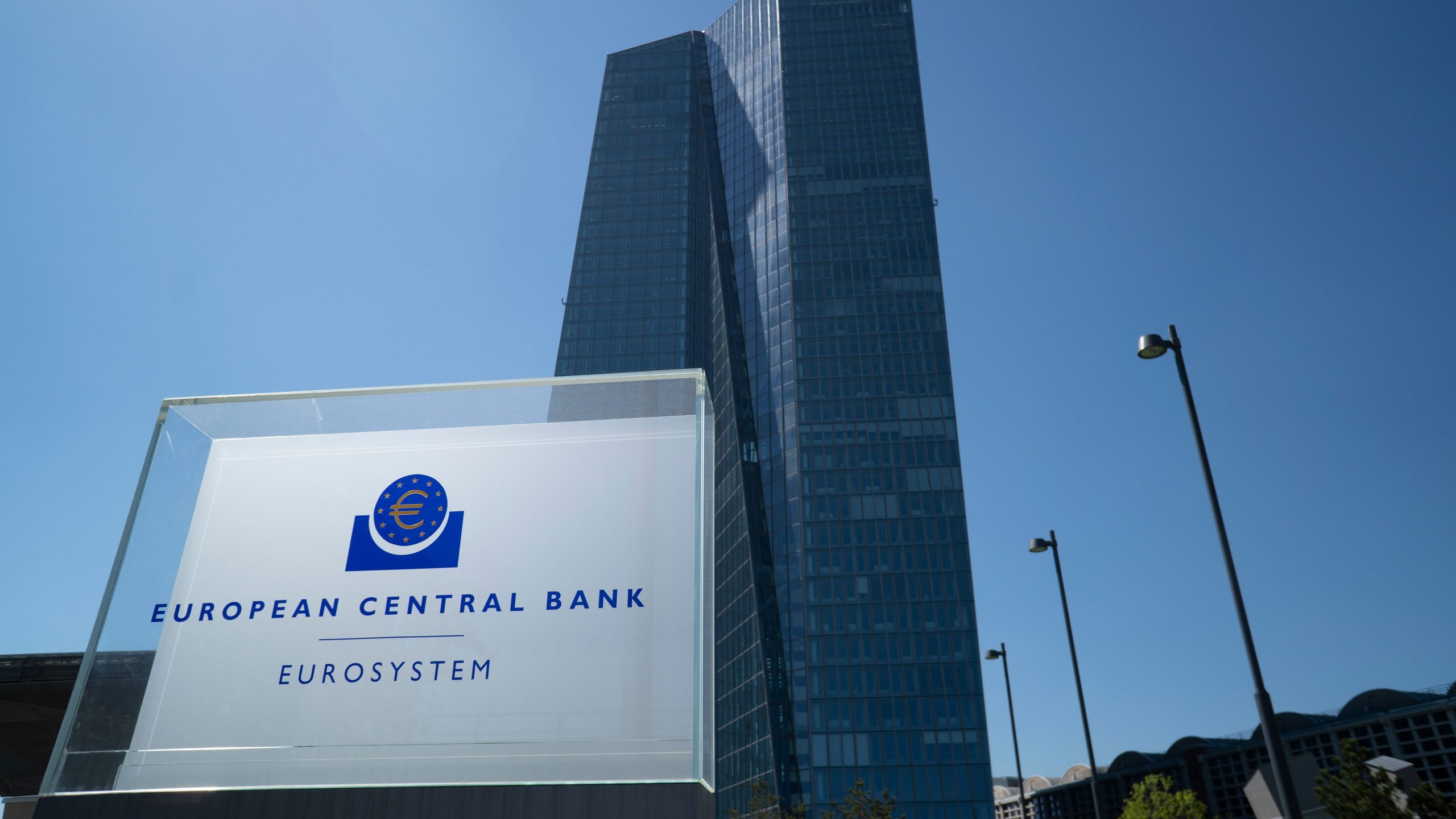This site uses cookies to provide you with a great user experience. By using BondbloX, you accept our use of cookies.
Bond Market News
E-House Launches $ Bond; CS $ AT1 Priced at 4.5%; Philippines/Brazil Raise $2.75/2.5bn via Bonds; Agricole Prices Its Tightest EUR Bond
December 3, 2020


S&P recovered losses early on to end 0.2% higher while Nasdaq closed flat. On the data front, the US ADP report showed a pick-up of 307k private sector jobs last month vs. expectations of 410k. US 10Y Treasury yields were up 2bp. US House Majority Leader Steny Hoyer said that a bipartisan bill could be agreed “in the next few days” for the near term financial package. In other news, US-listed Chinese companies face a delisting threat under audit law as the Congress passed a legislation to adhere to American accounting standards. DAX was down 0.5% with speculation that Germany plans to extend restaurant and hotel restrictions until January 10. Vaccine headlines continue to support sentiment though, with the FTSE up 1.2% as the UK became the first western country to approve the Pfizer and BioNTech vaccine, with the first immunizations scheduled to take place next week. In related news from the UK, BBC said that a Brexit deal could come in the next few days. US IG CDS spreads widened 0.2bp while HY tightened 3.7bp. EU main CDS spreads were wider 0.5bp while crossover CDS spreads were flat. Asia ex-Japan CDS spreads were tighter by 0.8bp and most Asian equities are higher by ~0.2% while the Shanghai Composite is down 0.5%.
Bond Traders’ Masterclass – Three Hours to Go
Sign up for the upcoming sessions on Using Excel to Understand Bonds at 4PM Singapore/HK time today. This is an advanced sessions for the excel enthusiasts and those who would want to value their. bonds using excel. The module is specially curated for private bond investors and wealth managers. This is a hands-on interactive session conducted by ex-Credit Suisse trader George Thomas so do sign up before seats sell out. Click on the image below to register.
New Bond Issues
- E-House (China) $ 2.5Y at 8.1% area

State-owned electricity generation company China Huaneng raised $1bn via two perpetual bonds on Wednesday. It raised $500mn via a perpetual non-call 3Y (PerpNC3) bond at a yield of 2.85%, 45bp inside initial guidance of 3.3% area and a $500mn PerpNC5 at a yield of 3.08%, 47bp inside initial guidance of 3.55% area. The bonds have an expected rating of A2 and received orders of over $6.7bn, 6.7x issue size. The PerpNC3 drew final orders of over $3.1bn with investors from APAC receiving 96% and EMEA 4%. Asset managers were allocated 47%, government and central banks 22%, banks 13%, financial institutions 11%, and insurance and private banks 7%. For the PerpNC5, final orders were over $3.6bn with investors from APAC receiving 93% and EMEA 7%. Asset managers bought 51%, banks 17%, private banks 14%, corporate and insurance 11%, and financial institutions 7%. There is a coupon reset and a 300bp step-up if not called on the first call dates of December 9, 2023 and 2025 respectively. Proceeds will be used for overseas debt repayment.
New World Development raised $700mn via fixed-for-life perpetual non-call 3Y (PerpNC3) bonds at a yield of 4.8%, 45bp inside initial guidance of 5.25% area. The bonds are unrated and received orders of over $4.25bn, ~6.1x issue size. NWD Finance (BVI) Limited is the issuer and the Hong Kong-listed parent company is the guarantor. Proceeds will be used for general corporate purposes.
Sichuan Languang Development raised $300mn via 2.25Y bonds at a yield of 10.4%, 47.5bp inside initial guidance of 10.875% area. The bonds have a B2/B rating and received orders of over $2bn, ~6.7x issue size. Asian investors took 96% of the notes and Europe and others 4%. Asset managers, fund managers and hedge funds received 88%, private banks and corporates 7% and banks and financial institutions 5%. Hejun Shunze Investment is the issuer and the Shanghai-listed parent is the guarantor. Proceeds will be used for offshore debt refinancing.
New Bond Pipeline
- Suzhou $ bond
- Seagate $1bn bonds due 2029 and 2031
Rating Changes
- Fitch Upgrades Genneia’s Ratings to ‘CCC’
- Moody’s downgrades Seagate’s senior unsecured rating to Ba1; outlook stable
- Fitch Downgrades Seagate Technology to ‘BB+’ from ‘BBB-‘; Outlook Revised to Negative from Stable
- Republic of Suriname US$125 Million Bond Due December 2023 Downgraded To ‘D’ From ‘CC’ By S&P; Other Ratings Affirmed
- France-Based Europcar Mobility Group Rating Lowered To ‘SD’ By S&P On Interest Nonpayment
- Fitch Affirms CF Industries at ‘BB+’; Outlook Revised to Stable
- Delek US Holdings, Delek Logistics Ratings Affirmed By S&P, Outlook Revised To Negative On Revised Margin Assumptions
- Fitch Revises Arabian Centre’s Outlook to Negative; Affirms at ‘BB+’; Assigns ‘A-(sau)’ National Rtg
- Fitch Affirms Russia-based AO Citibank at ‘BBB’/Stable; Withdraws Ratings
Credit Suisse Raises $1.5 Billion via AT1s After Moody’s Upgrade
Swiss banking major Credit Suisse (CS) raised $1.5bn via perpetual non-call 10Y (PerpNC10) AT1s at a yield of 4.5%, 50bp inside initial guidance of 5% area. The bonds have an expected rating of BB-/BB+. The issuance comes a day after Moody’s upgraded the issuer to Baa1 from Baa2. The coupon is fixed until the first reset date of March 3, 2031. If not redeemed the coupon will refix every five years at the 5Y constant maturity Treasury (CMT) yield + initial credit spread. The bonds are callable at any time in the six months prior to the first reset date and each reset date thereafter. The bonds also have a dividend stopper. Order book details were not available at the time of writing.
The notes will automatically and permanently be written-down to zero following the occurrence of a Write-Down Event – either a Contingency Event or a Viability Event. A ‘Contingency Event’ would occur if the consolidated CET1 ratio of CS is less than 7% (current CET1 stands at 13%). A ‘Viability Event’ would occur if prior to a Statutory Loss Absorption Date (if any) (i) FINMA, the regulator notifies the Issuer that a write-down is necessary to avoid insolvency or bankruptcy or (ii) CS has received an irrevocable commitment of extraordinary support from the public sector without which it would become insolvent or bankrupt.
CS’s USD 5.25% perps callable in 2027 were lower by 0.27 to 105.88, yielding 4.16%.
Credit Agricole Prices Second Tightest EUR Senior Bond Since The Pandemic Broke Out
French lender Credit Agricole (CA) made its social bond debut with a €1bn ($1.2bn) 7Y senior non-preferred bond priced to yield 0.238%, 60bp over Mid Swaps and 25bp inside initial guidance of MS+85bp area. This is CA’s tightest euro senior non-preferred issuance and the second tightest euro benchmark since the pandemic broke out after Svenska Handelsbanken’s €500mn ($600mn) 7Y green bond priced last Wednesday at 40bp over Mid Swaps, as per IFR. “Deals are getting absorbed so well and spreads are basically through the tights we saw pre-Covid,” said a banker away from the deal. A second banker added, “It is incredible how everyone has accepted these levels. We have seen quite a year-end rally, which is a different pattern [from other years] but is not surprising when liquidity is so high.” CA’s new social bond received orders worth €2.25bn ($2.7bn) and have an expected rating of Baa1/A-/A+.
CA’s 4% euro perps issued at par in mid-October have rallied on the secondary markets to 106.4 while its 6.875% dollar perps have also traded higher by over 3 points to 111 since early November.
For the full story, click here
Philippines Raises $2.75 Billion Via Dual Trancher
Philippines raised $2.75bn via a dual trancher SEC-registered bond (Term of the Day, explained below) offering, Asia’s largest dollar issuance in three weeks. It raised $1.25bn via 10.5Y bonds at a yield of 1.648% or T+70bp, 30bp inside initial guidance of T+100bp and $1.5bn via 25Y bonds at a yield of 2.65%, 35bp inside initial guidance of 3% area. The bonds have expected ratings of Baa2/BBB+/BBB in-line with the issuer, and received combined orders of over $6.5bn, ~2.4x issue size. Proceeds will be used for general purposes, including budgetary support. Credit Suisse, Daiwa Capital Markets, Deutsche Bank, Morgan Stanley, Standard Chartered Bank and UBS were joint bookrunners. Philippines previously tapped the international bond market in April to raise $2.35bn from a two-tranche SEC-registered offering.
The 10.5Y bond received final orders of over $2.9bn, 2.32x issue size of which Asia took 54%, Europe 25% and US 21%. Fund managers bought 56%, banks 27%, insurers and pension funds 13%, central banks and sovereign wealth funds 3% and private banks 1%. The 25Y tranche’s orders exceeded $3.6bn, 2.4x issue size of which Asia took 41%, Europe 29% and the US 30%. Fund managers bought 76%, banks 7%, insurers and pension funds 13%, central banks and sovereign wealth funds 3% and private banks 1%.
Philippines’ older dollar bonds traded flat on the secondary markets. The new 10.5Y bonds were priced 26bp tighter than its older 7.75% 2031s yielding 1.91%, indicating a negative new issue premium.
Brazil Raises $2.5 Billion Via Triple Trancher Tap
Brazil raised $2.5bn via a triple trancher tap of its older dollar bonds. It raised:
- $500mn via a tap of its 2.875% 2025s at a yield of 2.2%, ~30bp inside initial guidance of mid-2% area
- $1.25bn via a tap of its 3.875% 2030s at a yield of 3.45%, inside initial guidance of high 3% area
- $750mn via a tap of its 4.75% 2050s at a yield of 4.5% inside initial guidance of high 4% area
The bonds have expected ratings of Ba2/BB-/BB- and Brazil will use the net cash proceeds of the sale for repayment of outstanding debt. The tapped 2025s, 2030s and 2050s offered a new issue premium of 16bp, 20bp and 37bp to their bonds initially issued in October 2020 that are currently yielding 2.04%, 3.25% and 4.38% respectively.
For the full story, click here
Seagate Loses Investment Grade Status After Fitch & Moody’s Downgrades
Fitch has downgraded Seagate Technology and its subsidiary Seagate HDD Cayman to BB+ from BBB- and has revised the outlook to negative from stable on the back of higher debt to support its capital returns. The incremental debt through a $1bn proposed two-tranche notes offering is likely to be used for a share repurchase and will increase its total debt to operating EBITDA beyond the Fitch benchmark of 2.5x and will weaken the company’s financial position. The rating action affects Seagate’s $5.7bn debt including its undrawn revolving credit facility of $1.5bn. Moody’s has also downgraded Seagate HDD Cayman’s rating to Ba1 from Baa3 while having a stable outlook. The proposed $1bn issuance will increase Seagate’s total debt to EBITDA (Moody’s adjusted) to 3x from 2.4x at the end of Q1 of 2021. Seagate had increased its share repurchase program by $3bn to $4.2bn in October earlier this year. Both Fitch and Moody’s acknowledge that the company’s strong revenues of ~$10bn, its market position as one of the two leading suppliers of Hard Disk Drive-based storage solutions, and the high demand for data storage infrastructure bode well for the company.
Seagate’s HDD Cayman’s 5.75% 2034s were trading down 0.61 at 117.9 cents on the dollar and its 4.875% 2027s were trading down 1.39 2at 113.2.
For the rating action by Fitch, click here and for the rating action by Moody’s, click here
Petrobras Plans IPO of Pipelines by Q3 2021; Gerdau Repurchases $300 Million of Bonds
Petrobras could carry out an initial public offering (IPO) for several pipelines it operates in the Santos Basin by the third quarter of next year, as stated by CEO Roberto Castello Branco. The Brazilian state-owned petroleum company is in discussions with its concession partners to create a midstream company to operate the pipelines and launch an IPO next year. The company aims to cut debt to $67bn next year and $60bn in 2022. The production forecasts for next year anticipate lower domestic demand, but increased its asset sales target to $25bn to $35bn from 2021 to 2025, up from $20bn to $30bn in the 2020-2024 plan. Petrobras said it will make investments worth $55bn with 84% for exploration and production (E&P), mostly pre-salt assets. The company expects pre-salt oil fields to account for 80% of total production by 2025, up from an estimated 67% by the end of next year.
CEO Roberto Castello Branco also announced plans to cut carbon emissions by 25% by 2030 but stopped short of earmarking any investments in renewable energy projects. Petrobras’ 6.75% 2041s were up 2.5% to 122.25 yesterday.
For the full story, click here
In related Brazilian news, steelmaker Gerdau announced that it agreed to repurchase $300mn worth of its bonds due 2021 and 2024 by November 30. On November 16, Gerdau offered to buy back up to $230mn in bonds that mature between 2021 and 2027, but it increased the size of the deal and limited to just the 2021 and 2024 notes after investors tendered $550mn worth of outstanding bonds, the company said in a statement.
Gerdau repurchased $29.1mn of its 5.75% 2021s and $271mn of its 5.893% 2024s. It left $518mn worth of its 2023s and 2027s bonds outstanding. Gerdau plans to pay $1,008.62 for every $1,000 for its 2021s and $1,131.50 for its 2024s on December 2.
For the full story, click here
Softbank To Unwind US Derivatives Trades
Japanese multinational conglomerate Softbank has decided to let its infamous Nasdaq whale options trades on US tech companies expire according to two sources. The move comes after investors and employees raised governance issues. SoftBank last month revealed that its trading arm suffered losses of $3.7bn, including $2.7bn from derivatives, for the most recent quarter ending September. Besides that, several key executives had either left the company or were removed, raising further governance issues. While the derivatives trades will be abandoned, the company will continue investing in US tech companies’ shares including Amazon and Facebook using the $80bn cash it raised from asset sales.
The options trades were taken through a Cayman entity called SB Northstar, of which Softbank founder Masayoshi Son owned a third of. Northstar uses cash and securities from Softbank’s balance sheet to invest in publicly traded companies. Governance issues emerged as Northstar in essence allowed Son to take out loans from SoftBank via Northstar and at the same time have 33% of the profits from a division inside the group. “The structure where the CEO takes 33% of the profits of one division should not be occurring from an ESG point of view”, said David Gibson, an analyst at Astris Advisory.
Softbank’s bonds were largely stable with their 6.25% 2028s and 6% Perps up 0.11 and 0.06 to 110.75 and 97.94, yielding 4.47% and 6.87% respectively.
For the full story, click here
Shandong Sanxing Launches Exchange Offer To Extend Dollar 2021s
Chinese corn-oil maker Shandong Sanxing launched an exchange offer for its $200mn 7.99% dollar bonds due 2021after warning that it might not be able to pay up during maturity. The offer is to exchange each $1,000 in principal for $850 in new 2Y bonds and $150 in cash. The company will not proceed with the exchange offer unless at least $180mn or 90% of the bonds are tendered. Holders who agree to the exchange and sign a restructuring support agreement will receive an additional $10 in cash if the offer is successful. If the exchange offer fails, Shandong Sanxing may file for a scheme of arrangement in the Virgin Islands to enable a restructuring on similar terms.
The company is considering selling non-core assets like its textile business to help repay the proposed new notes when they mature. It said it suffered due to the US-China trade war and the pandemic, with net cash flow from operations (CFO) falling 72% from January to September 2020 from the same period last year to CNY 219.1mn ($33.4m). S&P withdrew its B rating on the corn-oil maker in September. The existing bonds were issued in 2018 through wholly owned subsidiary Knight Castle Investments. The proposed new bonds will be issued by Blissful Future Global. Their USD 7.99% 2021s were flat at 77.28.
For the full story, click here
Korean Dollar Bond Spreads Tighten in November
Investors piled into Korean dollar bonds in November as their spreads tightened 14bp in November, as per Bloomberg. Spreads of investment grade rated Chinese dollar bonds on the other hand widened by 2bp, which suggests that investors switched out of high grade Chinese debt in favor of Korean debt. A spate of sudden local currency bond defaults by Chinese SOEs in November coupled with the US barring investment in Chinese military-linked firms are likely reasons for investors switching out of Chinese corporate bonds. Korea, considered a safe haven within the Asia region given the sovereign’s strong rating of AA/Aa2, has recovered at a faster clip growing 2.1% in Q3 vs. 1.9% reported earlier. Korean exports grew 4% in November vs. last year led by a 16.4% growth in sales of memory chips.
Hyundai’s 3.625% dollar bonds due 2027 saw its yield tighten 21bp from 2.3% on November 2 to 2.09% on December 1 while KDB Life’s 7.5% perpetuals’ yield tightened 10bp to 5.34% during the same time.

For the full story, click here
Term of the Day
SEC Registered Bonds
As the name suggests, these are bonds registered with the US Securities and Exchange Commission (SEC). These are not to be confused with 144A bonds, which are privately placed, not SEC registered and have lesser documentation and are traded among Qualified Institutional Buyers (QIBs). Given 144As are restricted securities, they have resale and transfer restrictions that are not applicable for SEC-registered securities. Besides these, they also have a few other differences like being eligible for inclusion in bond indices like Barclays Aggregate Bond Index, no investment restrictions and no private placement restrictions on communications.
Philippines on Wednesday raised $2.75bn via SEC-registered bonds across two tranches.
Talking Heads
On the Federal Reserve in no hurry to taper bond purchases – Jerome Powell, Federal Reserve Chairman
“Our priority remains supporting the economy until we are really well through this,” Powell said. “We are going to keep our rates low and keep our tools working until we feel like we really are very clearly past the danger that is presented to the economy from the pandemic.”
“The time will come to start thinking about balance sheet issues, and we have the model of what we did in the last financial recovery,” Powell said. “That time will come. It’s well into the future. I think we know how to do it. That’s slowly and carefully.” “We don’t want the balance sheet to be in the long run any bigger than it needs to be. But the main thing for us is to keep the support that the economy needs until we are confident that it no longer needs it.”
On the need for bond market weakness to be dealt with
Sir Paul Tucker, chairman of Systemic Risk Council and former Bank of England deputy governor
“It got bailed out yet again — the Federal Reserve bailed out a lot of finance in the spring . . . if the public realised that, they would be even more annoyed,” he argued. “This has to be dealt with.” “Bankers are paid an extraordinary amount of money for an industry that doesn’t make its cost of equity,” he said. “It is striking there hasn’t been an adjustment there.”
“The things that don’t look so good . . . will be non-performing loans for banks and others — that’s unavoidable [and] no one can know . . . how much they will be,” he said. “No one knows how to value a loan portfolio in a pandemic because in the 17th century they didn’t have loans books of that size.”
Mark Mason, Citigroup chief financial officer
“When it comes to pay, we obviously operate in a competitive environment and we have to take that into consideration, along with what company-level performance and profitability and returns look like,” Mr Mason said.
“We are still in a very deep recession,” Williams said. “One of the big question marks as we move forward about the economic recovery is how big the effects will be of this very large wave of COVID cases along with the expiration or diminishment of fiscal support.”
On US-listed Chinese companies facing delisting threat under audit law
Jay Clayton, the Securities and Exchange Commission chairman
“I am pleased Congress has acted with strong bipartisan support to level the playing field for all issuers in our markets,” Clayton said. “Today’s vote, in combination with the commission’s ongoing work, will help address these longstanding issues for the benefit of US investors.”
Chris Iacovella, the American Securities Association chief executive
“For far too long, the Chinese Communist party has exploited American investors to finance its cyber army, its technology-driven elimination of civil liberties, its human rights abuses, and its destruction of the environment,” said Iacovella.
“That’s like a fad, to make promises for 2050. It’s like a magical year,” the head of Brazil’s state-controlled oil giant said in an interview. “On this side of the Atlantic we have a different view of climate change.”
“I believe oil will be in demand for a long period of time. It is still the backbone of modern society,” he said. “This subject of peak demand is similar to what we heard in the past about peak supply. We don’t know.” “There is enough room to export more to China. It depends on our production capacity,” he said. “China will continue to be a large client for Petrobras.”
On Uruguay bonds outperforming emerging market peers amid pandemic
Eamon Aghdasi, an emerging-market debt analyst at GMO
“Uruguay has had to make some hard choices, like keeping its borders closed,” said Aghdasi. “It’s a country that looks to investors like it has the capability to deal with shocks and solve fiscal problems.”
Marcelo Manteiga, who manages $700 million at Montevideo-based brokerage house Gletir
“I think next year in general is going to be a good year for emerging market issuers especially for the more solid ones like Uruguay and Chile,” he said.
Top Gainers & Losers – 3-Dec-20*

Go back to Latest bond Market News
Related Posts:









